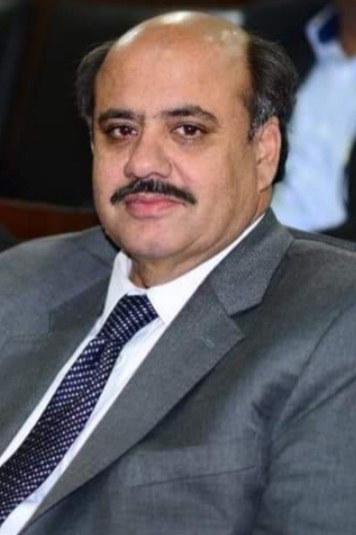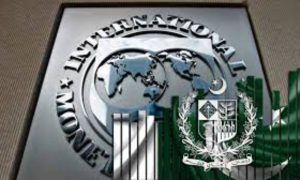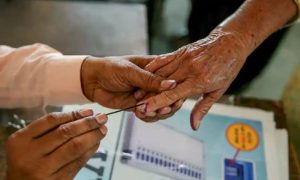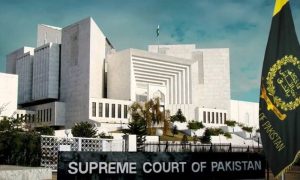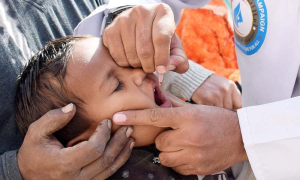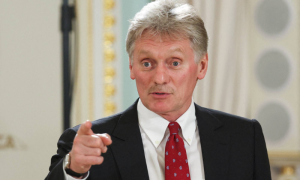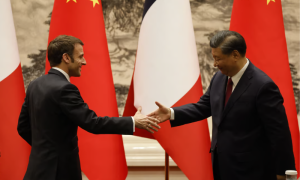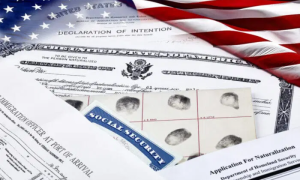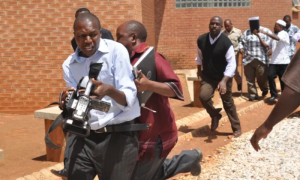Pakistan assigns great importance to its historic, deep-rooted, and fraternal ties with Saudi Arabia. Therefore, Prime Minister Shehbaz Sharif selected Saudi Arabia for his first foreign visit since he had assumed office for the second time. It is an appropriate approach because Riyadh has always supported Islamabad politically, diplomatically, and economically. Indeed, the visit will assist in materializing Prime Minister Shabaz’s vision to “transform the deep-rooted, historic fraternal Pakistan-Saudi Arabia ties into a comprehensive strategic partnership.”
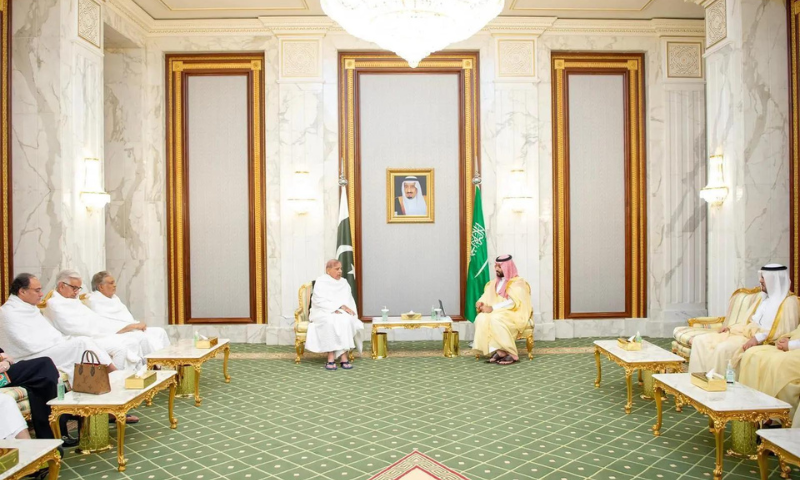
Premier Shahbaz, along with a few cabinet members—foreign affairs, defense, information, and economic affairs–and the Chief Minister of Punjab visited Saudia Arab from April 6 to 8, 2024. Crown Prince Mohammed bin Salman extended a special invitation to Premier Shahbaz for an iftar dinner at the Al-Safa Palace in Makkah on April 7. After Iftar, during a one-on-one meeting, both leaders exchanged views on regional and global developments and resolved to strengthen bilateral ties between Pakistan and Saudi Arabia.
Besides increasing economic cooperation, Islamabad has assigned great importance to strategic military cooperation with Riyadh. It was evident during the recent meetings between the Saudi and Pakistani military high-ups. Last month, Chief of Army Staff General Asim Munir visited Saudi Arabia for a consultation on military cooperation. Subsequently, Saudi Defense Minister Prince Khalid bin Salman came to Islamabad to meet Pakistani political and military leadership. These meetings have germinated optimism about enlarging the strategic cooperation in various fields, such as defense cooperation, training, and joint exercises between Saudi Arabia and Pakistan.
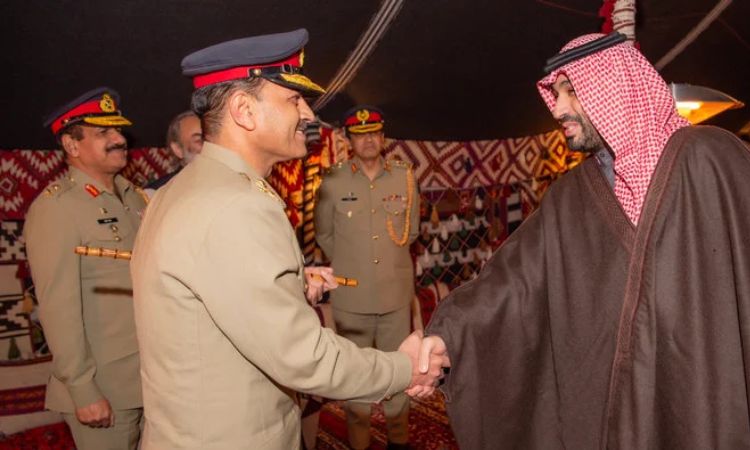
The Chief of Army Staff, General Asim Munir, and Saudi Arabia’s Crown Prince, Mohammed bin Salman bin Abdulaziz Al-Saud, held talks on regional peace and security, bilateral defense, and security cooperation in Riyadh on March 20, 2024. According to the Inter-Services Public Relations (ISPR): “Prince Mohammad Bin Salman highlighted that KSA and Pakistan have historic brotherly and strong relations, and both countries have always stood up for each other.”
Prince Khalid bin Salman attended the March 23, 2024, Pakistan Day parade as a special guest. He opined, “Saudi Arabia and Pakistan have historical and strong brotherly relations and have always been well-wishers.” President Asif Ali Zardari conferred Nishan-i-Pakistan, the country’s highest civilian award, on Prince Khalid in recognition of his meritorious services towards strengthening bilateral cooperation and his contribution towards peace in the region.
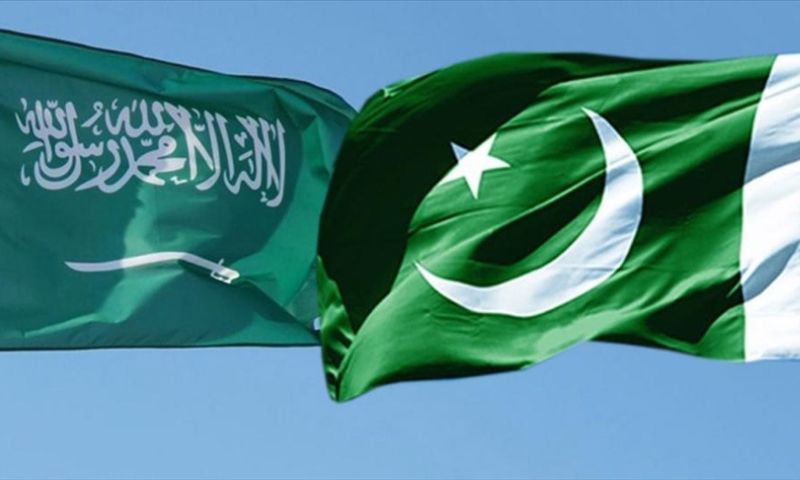
Pakistan and Saudi Arabia have enjoyed strategic solid and defense cooperation since 1967. They signed a defense protocol in 1967, which aimed to station Pakistani military advisers and trainers in Saudi Arabia and provide training opportunities for the Saudi officer corps at Pakistan’s military academies. The defense protocol signed in 1982 broadened the scope to station Pakistani troops in the country for defense, military training, defense production and sharing, and joint exercises.
Islamabad and Riyadh have agreed to increase economic cooperation. The Prime Minister and his cabinet members briefed the Saudi leaders about the rewarding economic and investment opportunities in Pakistan. Pakistan established the Special Investment Facilitation Council (SIFC) to attract and facilitate foreign direct investment in the country. The council devised a comprehensive plan to attract foreign investments, especially from Gulf nations.
Saudi Arabia seems interested in investing in various fields, including agriculture, livestock, information technology, mining, and energy sectors. Indeed, foreign investment in the construction of infrastructure, energy projects, and tourism would assist the Pakistani government’s drive for economic recovery and growth.
Islamabad is seeking Saudi financial investment in its mineral and mining sector. Certainly, investment in the Reko Diq—one of the largest copper and gold reserves in the world—would make a colossal contribution to Pakistan’s mineral and mining sector.
Pakistan is in the midst of multidimensional terrorist attacks. Since 2017, the former Pakistan Army chief Gen. Raheel Sharif has been heading the Islamic Military Counter Terrorism Coalition of 42 Muslim nations. The systematic rise of Daesh, which articulates Islam/sharia as a justification for their violent actions, necessitates Saudia Arabia and Pakistan to increase their counterterrorism cooperation.
The investigative report published in The Guardian on April 4, 2024, pointed out that the Indian intelligence agency, the Research & Analysis Wing (Raw), directly controlled by the office of India’s prime minister, Narendra Modi, had assassinated dissidents abroad. Washington and Ottawa publicly protested last year: the Guardian and cited elsewhere, the Raw’s direct involvement in 20 assassinations in Pakistan. The disturbing fact is that many of the operations in Pakistan were planned and orchestrated in a friendly Gulf country.
Islamabad is currently pursuing a coordinated international response to India’s transnational death squad. In this context, Saudi Arabia’s diplomatic and political support seems imperative for ensuring that the Gulf Cooperation Council (GCC) members’ soil would not be used for anti-Pakistan activities.
To conclude, transforming Saudi Arabia’s and Pakistan’s ties into a comprehensive strategic partnership would be advantageous for both nations and favorable for the entire region.









